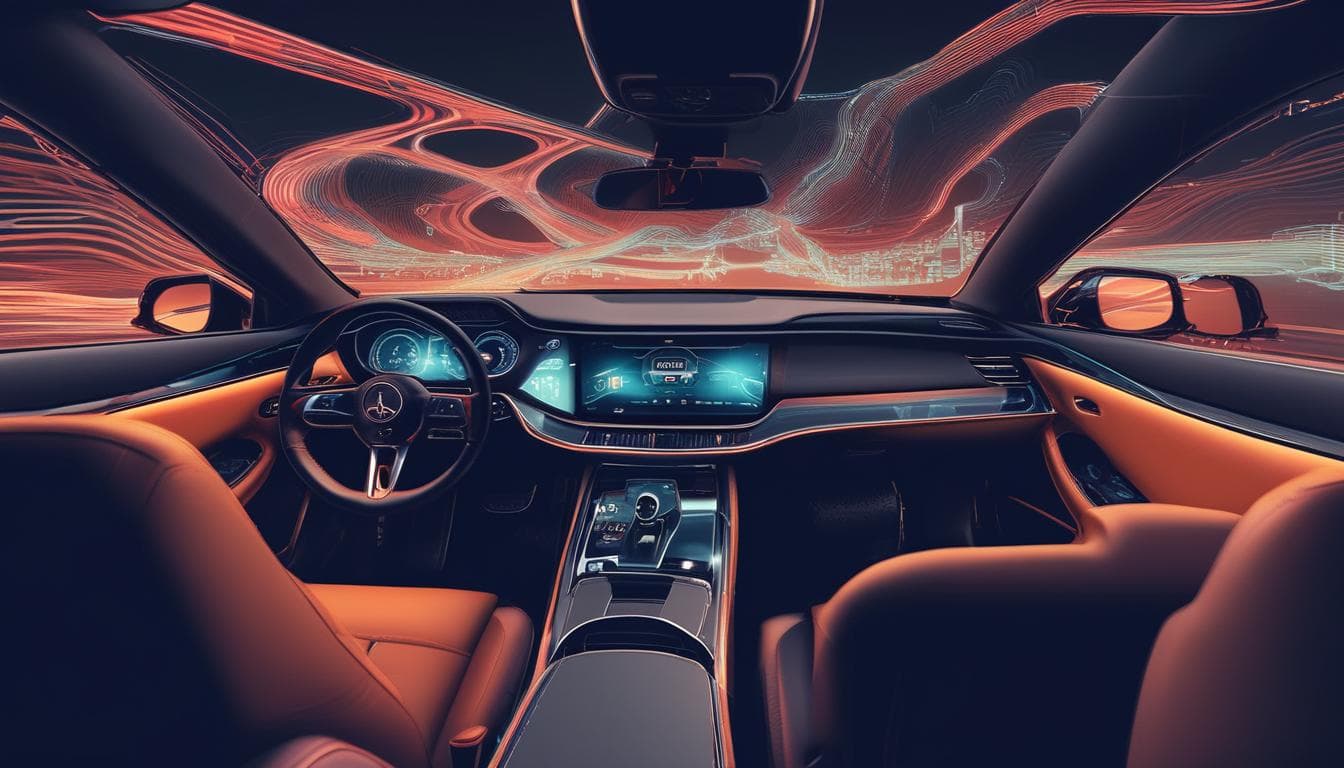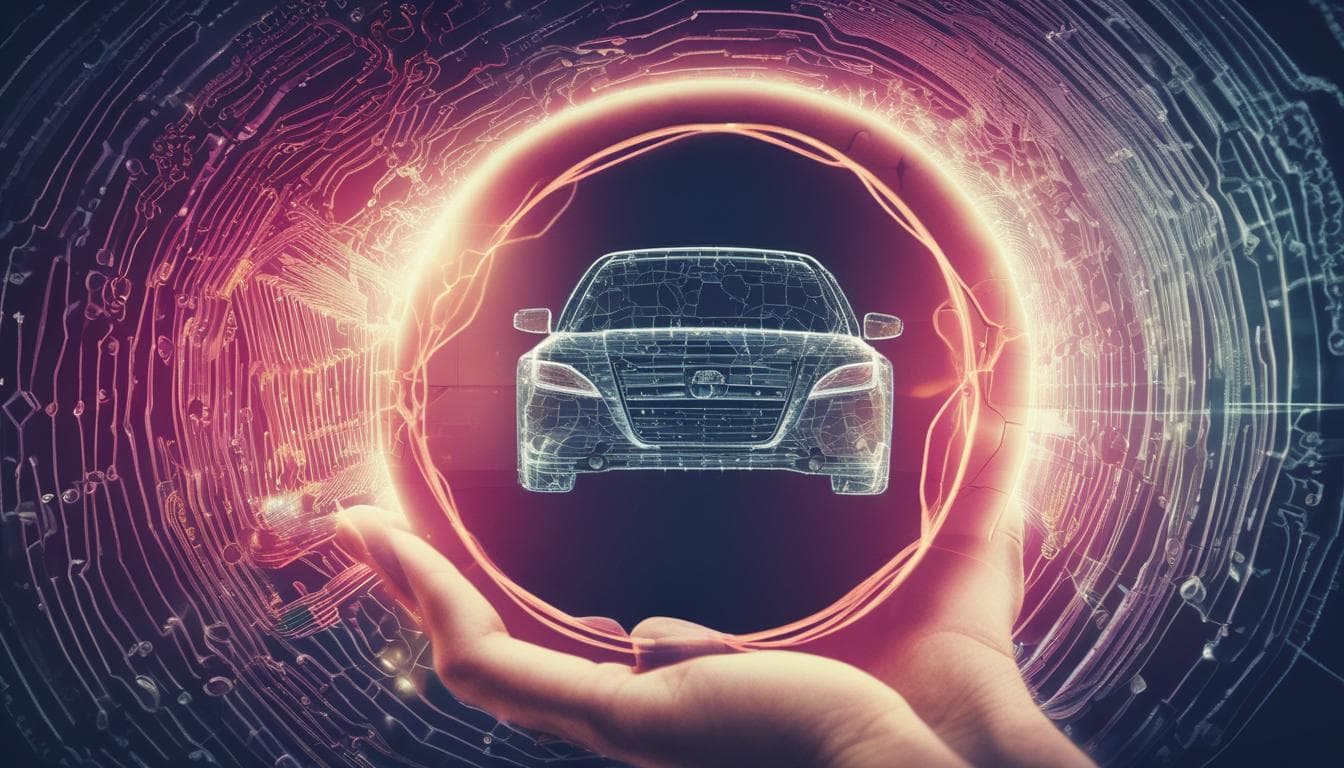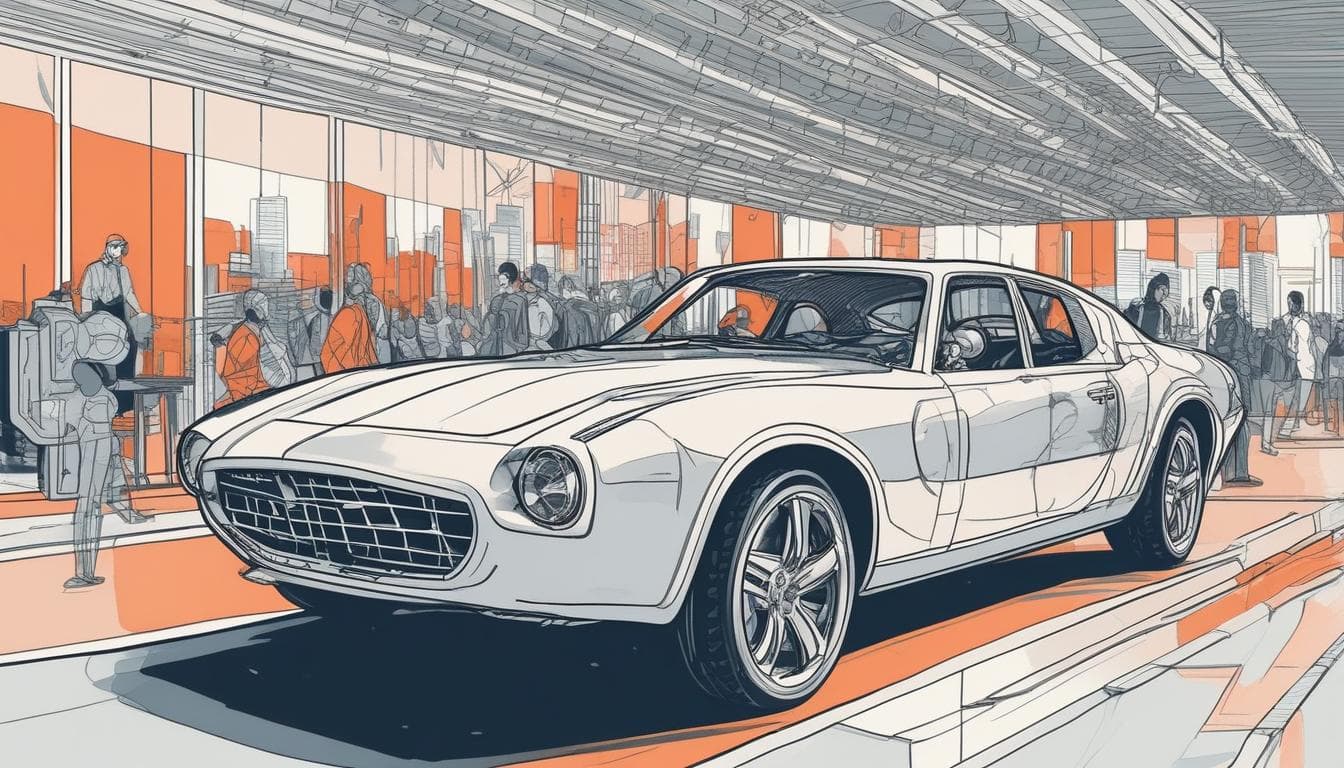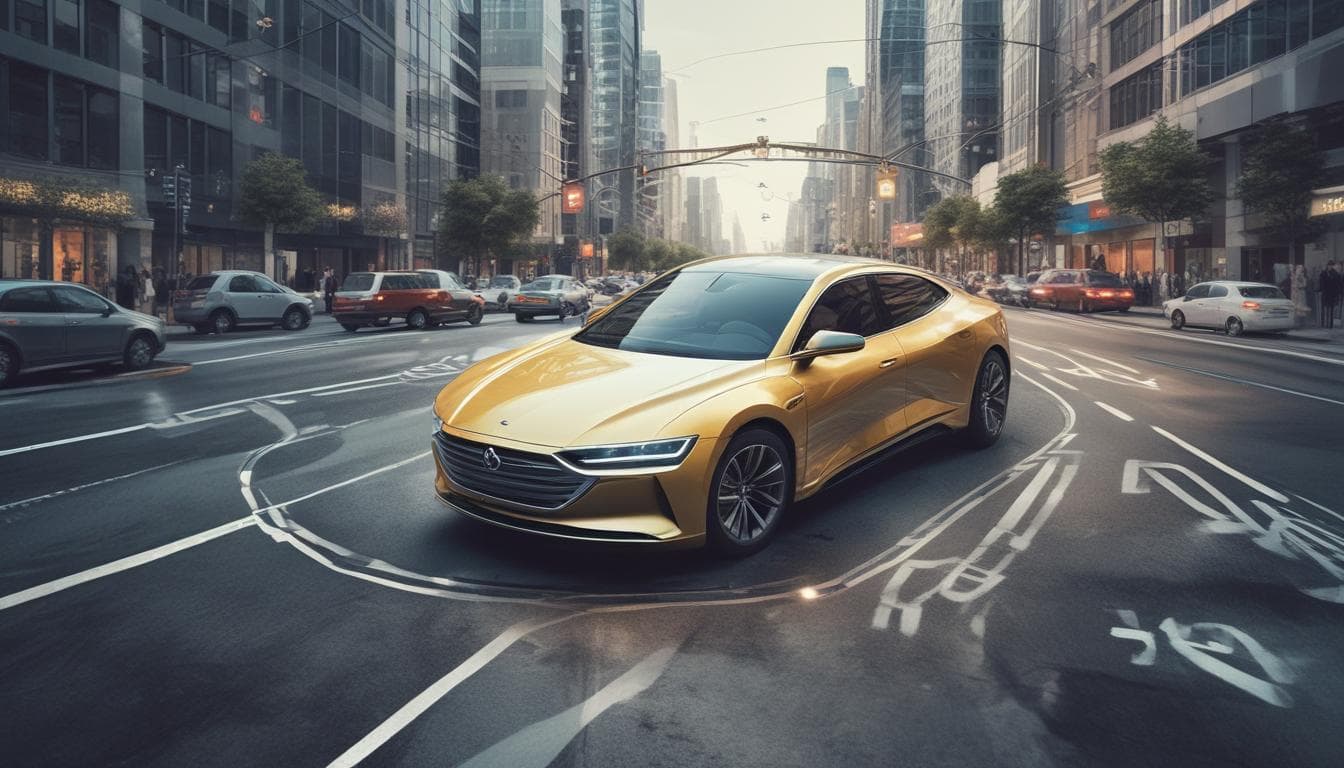Imagine cars in the distant future that not only learn our preferences but also accumulate a unique 'personal history' of their journeys, repairs, and interactions with various owners, much like a living being. How might this digital 'automotive biography' shape our emotional connection to vehicles, influence their resale value, or even create a new form of cultural heritage where cars tell their own stories? Would we develop a deeper, more profound bond with these 'experienced' machines?
The concept of vehicles developing a unique 'personal history' aligns closely with ongoing advancements in automotive AI and data integration. As cars become more intelligent and capable of recording detailed interactions, maintenance history, and even emotional responses, we could see a profound shift in our emotional connection to them. This digital 'automotive biography' might foster a sense of companionship and trust, transforming our relationship from mere ownership to one of shared history and personality.
Furthermore, such an evolution could impact resale value significantly. Vehicles with rich histories demonstrating meticulous maintenance, unique travel stories, or even the context of their interactions could command higher prices, much like rare collectible items. This idea intersects with concepts explored in the future of car ownership and subscription models, where the 'identity' and history of a vehicle become key assets.
Culturally, cars that tell their stories could evolve into a form of mobile heritage, reflecting personal journeys, societal trends, or technological milestones. In this sense, vehicles would transcend their functional purpose and become storytelling artifacts — akin to living monuments. This crossover of technology, emotion, and culture opens new possibilities for museums, storytelling platforms, and communal histories.
As we develop these capabilities, issues like privacy, data ownership, and ethical AI use will inevitably arise, making it crucial to consider how these 'biographies' are managed and protected. Ultimately, such vehicles could indeed deepen our bonds with machines, making driving and ownership a more meaningful, story-rich experience.
Explore More on This Topic
Join the Conversation
- The Future of Driver Training and Licensing in the Age of AI
Explore the potential impact of AI on driver training and licensing. Will AI-driven programs replace traditional driving schools? What new skills will drivers need in this evolving landscape?
- The Future of Car Personalization: How AI Will Transform the Driving Experience
Explore the potential of AI in creating deeply personalized automotive experiences. Discuss the benefits and drawbacks of AI anticipating moods, suggesting destinations, and adapting driving styles to match emotional states.
- The Future of Vehicle-to-Vehicle Communication with AI
Explore the future of interconnected cars with AI-powered vehicle-to-vehicle communication. Discuss opportunities and challenges of autonomous traffic flow, accident prevention, and real-time data sharing.




